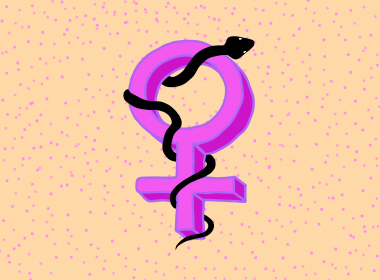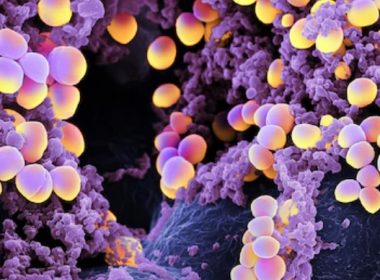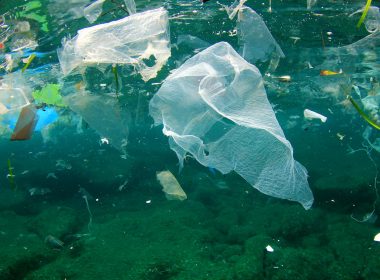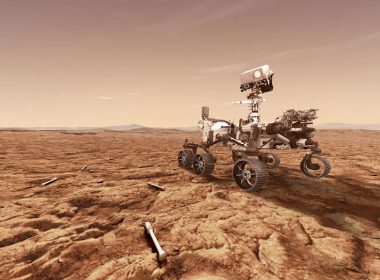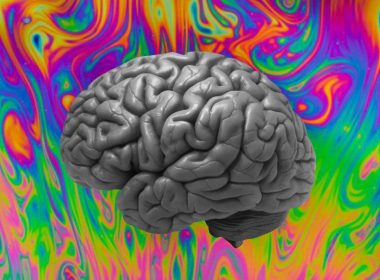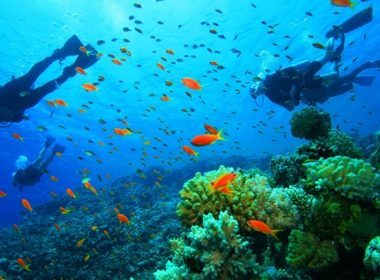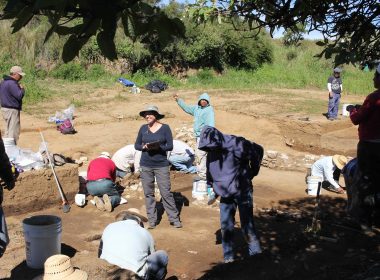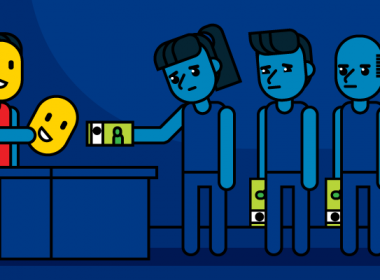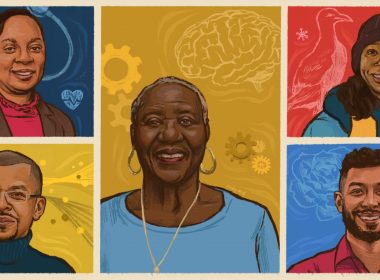Compassion and respect towards patients are essential to delivering effective healthcare. Despite advances made by activists and patients alike, the medical field perpetuates its extensive history of sexism, putting women’s lives and well-being at risk. From dismissive doctors to inadequate research, the healthcare gender bias prevents women from receiving the[Read More…]
Science & Technology
The latest in science and technology.
Meeting the wonderful members of the human microbiome
Microbes are often perceived as dangerous nuisances responsible for fatal diseases like tuberculosis. Yet, despite the negative connotations attached to their colloquial name, “germ,” trillions of harmless microbes live on our skin and within the human body, and help us survive and thrive. Lactobacillus: The plastic maker Lactobacillus is a family[Read More…]
Tiny plastics pose an immense danger to human life
The Earth’s atmosphere bears the necessary elements needed for human survival. However, as human plastic waste continues to multiply, the introduction of chemicals and toxins into the air and water is life-threatening to several species. Due to their size and properties, micro and nanoplastics indirectly pose dangers to human health. [Read More…]
Unravelling the engineering behind the Perseverance landing
On Feb. 18, physicists and engineers marked a new chapter in Martian history: A series of radio signals confirmed the touchdown of NASA’s Perseverance rover. Over seven months, the rover completed a 300 million mile journey to Mars, averaging a speed of about 12,000 miles an hour. The Perseverance Rover[Read More…]
Exploring the medical uses of recreational drugs
Rates of mental illness in youth have risen significantly in recent years. However, conventional treatments such as selective serotonin reuptake inhibitors (SSRIs) do not work effectively for every patient. Recent research suggests that recreational drugs can treat mental illnesses such as anxiety and post-traumatic stress disorder (PTSD). While the use[Read More…]
From the BrainSTEM: The ocean is scary but deserving of love
Despite covering more than two thirds of Earth’s surface, the ocean remains notoriously unexplored. In fact, the American budget for ocean exploration is 150 times smaller than that for space exploration, which has successfully captured cultural and public imagination for decades. While the moon’s surface has been mapped to a[Read More…]
Study finds gender gap continues to persist in archaeology
For centuries, women have fought to have their scientific contributions recognized, and the challenge to secure tenure-track positions in academia is no different. Despite women representing two-thirds of all Canadian doctorates in archaeology today, they only comprise one-third of the country’s tenured faculty. Lisa Overholtzer, an assistant professor of archaeology[Read More…]
Fact or Fiction: Does money really buy happiness?
Many communities continue to live traditional lifestyles detached from money-based markets. Yet contrary to popular belief, they lead fulfilling lives and their mental well-being is comparable to individuals living in money-fueled societies. This prompts the age-old question of whether money truly buys happiness. In recent decades, people with more money[Read More…]
Determining the criteria for postmortem organ donation
In the past, a person’s death was determined by the absence of breathing and a heartbeat. However, the introduction of the mechanical ventilator has complicated death determination. In patients with severe damage to the brain, breathing stops, which causes the heart to stop beating. Through life support, doctors can now[Read More…]
Spotlight on Black scientists at McGill and beyond
Despite the important equity work done by various organizations, Black people continue to be underrepresented in STEM fields and academia. In honour of Black History Month, The McGill Tribune spoke to five up-and-coming Black researchers in a variety of scientific disciplines. Dr. Myrna Lashley Dr. Myrna Lashley is an associate professor[Read More…]
